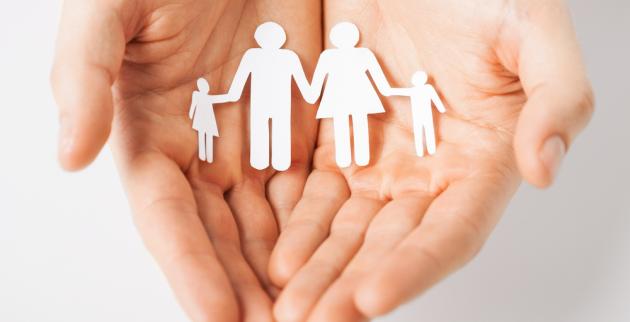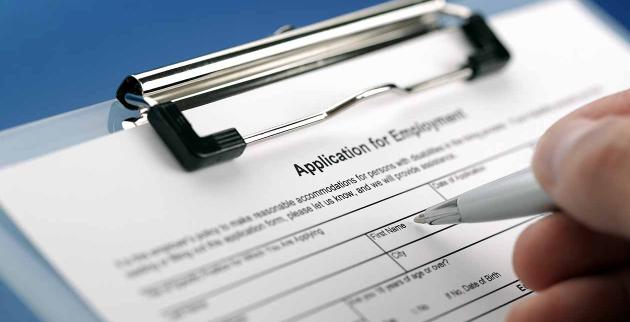Money, budgeting and finances

Money skills are something everyone needs to learn. Everyone needs to learn how to:
- Earn money
- Look after their money
- Be financially responsible
There are lots of ways to make money work for you. Nobody has all the answers, but it's important to know where to get more help.
Crucial: Got questions about money? Get free guidance you can trust from Money Helper.
Keeping money safe
Your bank account keeps money safe.
You need an account to pay in your wages and pay out everyday expenses like food, housing and bills.
Most people also have savings accounts, where they can build up money over time for large purchases.
You can open a bank account at any age but younger children need parental permission.
Take Action: The Money Helper have lots of useful information, including choosing the best bank account for you and how to start saving money.
Credit cards
‘Credit’ is the term used when you agree to pay for something in the future rather than straight away. The most common types of credit are bank loans and credit cards.
There are restrictions on using credit. You may need to be older or have someone to guarantee the money borrowed.
Useful to know: Overdrafts are when you spend more than you have in your bank account. The Money Helper explains everything about overdrafts, and how to avoid using them.
Ways to spend less
Learning skills to reduce the amount you spend is useful for everyone.
Here are some ways young people have shared to make money go further:
- Borrow books and magazines from your local library
- Stop or cut down smoking, vaping, and drinking alcohol
- Get free condoms from your school nurse or through the Safety Card
Reusing and repairing old items can also be a good way to save money, reduce waste, and save the environment.
Crucial: Reselling items you no longer need online is good for the environment, but you need to check the rules.
Learning how to manage your finances
There is lots of support to help you learn to manage your finances.
Information about key skills, like budgeting, checking your cash flow, and more can be found from:
There are lots of places to get support. The Money and Pension Service helps you think about your future and is a great place to start.


